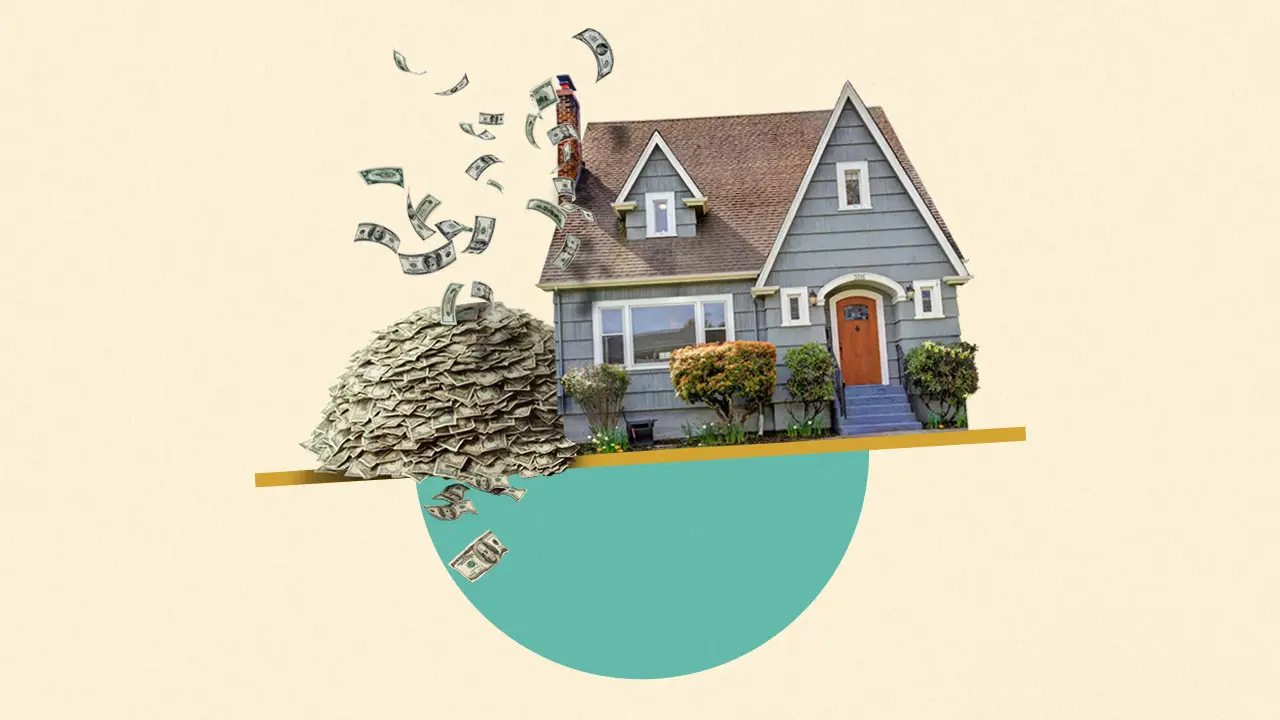A conventional mortgage is a popular type of home loan that provides borrowers with flexibility, stability, and competitive terms. Unlike government-backed loans such as FHA or VA loans, conventional mortgages are not insured or guaranteed by the government. Instead, they are offered by private lenders such as banks, credit unions, and mortgage companies. This article explores the ins and outs of conventional mortgages, their features, benefits, and considerations for potential homebuyers.
What is a Conventional Mortgage?
A conventional mortgage is a loan that is not insured or guaranteed by the federal government. Instead, it is backed solely by the financial institution that provides the loan. Conventional mortgages typically require higher credit scores and larger down payments compared to government-backed loans. They come in two primary types: conforming and non-conforming.
- Conforming Conventional Mortgages: These mortgages adhere to the loan limits set by government-sponsored entities such as Fannie Mae and Freddie Mac. They typically offer more favorable terms and interest rates because they can be sold on the secondary mortgage market.
- Non-Conforming Conventional Mortgages: Also known as jumbo loans, non-conforming conventional mortgages exceed the loan limits set by Fannie Mae and Freddie Mac. They are often used to finance high-value properties and may have stricter eligibility requirements.
Features of Conventional Mortgages
- Down Payment: Conventional mortgages typically require a down payment of at least 3% to 20% of the home’s purchase price. The exact amount depends on factors such as the borrower’s credit score, income, and the lender’s requirements.
- Credit Score: Borrowers generally need a higher credit score to qualify for a conventional mortgage compared to government-backed loans. A credit score of 620 or higher is typically required, although borrowers with higher credit scores may qualify for better terms and lower interest rates.
- Interest Rates: Conventional mortgages often offer competitive interest rates, especially for borrowers with strong credit scores and financial profiles. The interest rate may be fixed or adjustable, depending on the borrower’s preferences and the terms of the loan.
- Private Mortgage Insurance (PMI): Borrowers who make a down payment of less than 20% of the home’s purchase price may be required to pay for private mortgage insurance. PMI protects the lender in case the borrower defaults on the loan. Once the borrower’s equity in the home reaches 20%, PMI can typically be canceled.
- Loan Terms: Conventional mortgages come with a variety of loan terms, including 15-year, 20-year, and 30-year options. Shorter loan terms generally result in lower interest rates but higher monthly payments, while longer loan terms offer lower monthly payments but may result in higher overall interest costs.
Benefits of Conventional Mortgages
- Flexibility: Conventional mortgages offer flexibility in terms of loan amounts, down payment requirements, and loan terms. Borrowers can choose the loan structure that best fits their financial situation and homeownership goals.
- Competitive Interest Rates: Conventional mortgages often come with competitive interest rates, especially for borrowers with strong credit scores and financial profiles. This can result in lower monthly payments and overall interest costs over the life of the loan.
- No Upfront Mortgage Insurance Premium: Unlike FHA loans, conventional mortgages do not require borrowers to pay an upfront mortgage insurance premium at closing, which can save borrowers thousands of dollars in upfront costs.
- No Property Restrictions: Conventional mortgages can be used to finance a wide range of properties, including primary residences, second homes, and investment properties. Borrowers have more flexibility in choosing the type of property they want to purchase.
Considerations for Borrowers
- Credit Score: Borrowers should review their credit reports and credit scores before applying for a conventional mortgage. A higher credit score can help borrowers qualify for better terms and lower interest rates.
- Down Payment: Borrowers should consider how much they can afford to put down as a down payment. A larger down payment can result in lower monthly payments, reduced interest costs, and the avoidance of private mortgage insurance.
- Closing Costs: Borrowers should budget for closing costs, which can include loan origination fees, appraisal fees, title insurance, and other expenses associated with closing on a home purchase. Closing costs typically range from 2% to 5% of the home’s purchase price.
- Financial Stability: Lenders will evaluate borrowers’ financial stability, including their income, employment history, debt-to-income ratio, and assets. Borrowers should be prepared to provide documentation and proof of income to demonstrate their ability to repay the loan.
Conclusion
Conventional mortgages are a popular and versatile option for financing a home purchase. With competitive interest rates, flexible loan terms, and the ability to finance a variety of properties, conventional mortgages offer borrowers the opportunity to achieve their homeownership goals while maintaining financial stability. By understanding the features, benefits, and considerations of conventional mortgages, potential homebuyers can make informed decisions and navigate the homebuying process with confidence.
